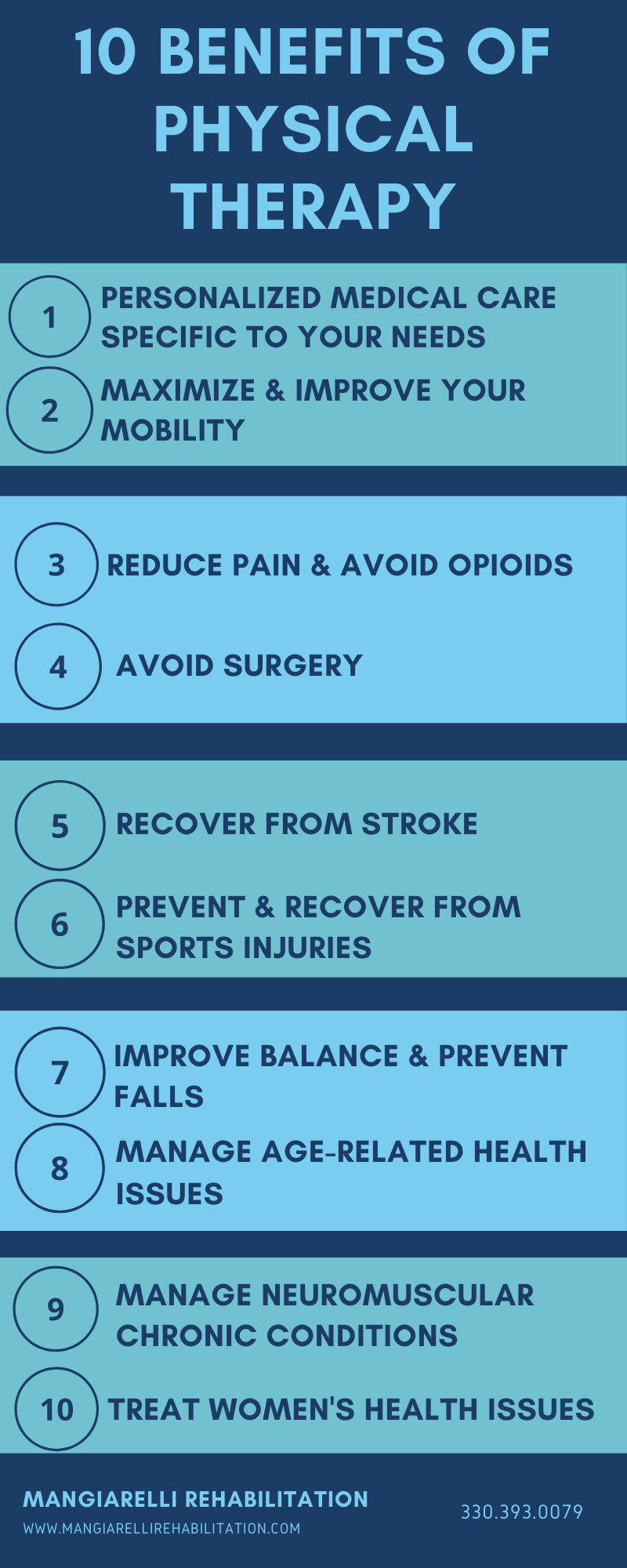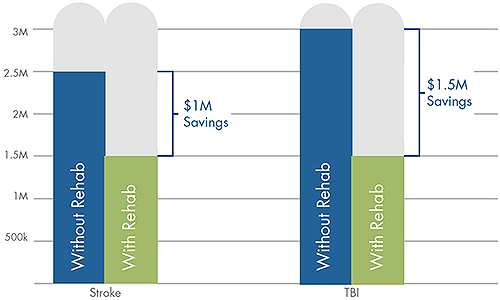The 15-Second Trick For Narconon Africa
The 15-Second Trick For Narconon Africa
Blog Article
8 Easy Facts About Narconon Africa Shown
Table of ContentsNarconon Africa Can Be Fun For AnyoneSome Known Incorrect Statements About Narconon Africa Some Known Details About Narconon Africa The Ultimate Guide To Narconon AfricaThe Ultimate Guide To Narconon AfricaWhat Does Narconon Africa Mean?The Ultimate Guide To Narconon Africa
In a series of papers with Manudeep Bhuller and Katrine V. Lken, we get rid of these information difficulties and the nonrandomness of imprisonment, providing new insights into how imprisonment impacts recidivism, work, children, and criminal networks - Addiction rehabilitation. Figure 1 Our work research studies the impacts of imprisonment in Norway, a setup with 2 crucial advantagesWe can better link this info to various other family members, consisting of children and siblings. We have information on co-offending that permits us to map out criminal networks for observed criminal activities. Second, we can utilize the arbitrary task of criminal situations to courts that vary in their tendencies to send defendants to prison.
But some judges send accuseds to prison at a high price, while others are more tolerant. We measure a court's stringency as the ordinary imprisonment rate for all other cases a court manages, after controlling for court and year set effects, which is the level of random job. This quasi-random job of court stringency can be utilized as a tool for imprisonment, as it highly anticipates the judge's decision in the existing case, yet is uncorrelated with other case characteristics both deliberately and empirically.
The smart Trick of Narconon Africa That Nobody is Talking About
Qualities of detainees, including demographics and criminal activity classifications, are generally similar in Norway and various other countries, consisting of the United States, with the exemptions that the US murder price is a lot higher, and race plays a larger function there also. What stands out as different, particularly compared to the USA, is the prison system.
Figure 2In Norway, the typical time spent behind bars is a little over six months, which resembles most other Western European nations. This contrasts with average US jail time of virtually three years, which remains in huge component the reason the United States is an outlier in its imprisonment price compared with the remainder of the world [Number 1]
How Narconon Africa can Save You Time, Stress, and Money.
This offers much more splitting up in between small and solidified bad guys than exists in the USA. There is no congestion in Norwegian jails and much better personal safety and security, with each detainee being assigned to their very own cell and a higher inmate-to-staff proportion than in the United States (https://myanimelist.net/profile/narcononza12). Jails in Norway likewise supply well-funded education, medication therapy, mental health and wellness, and work training programs
Our research on the effects of imprisonment on the transgressor, using the random project of judges as an instrument, yields three key searchings for. Jail time dissuades better criminal behavior. We locate that imprisonment reduces the chance that a person will reoffend within five years by 27 percentage points and lowers the matching number of criminal fees per person by 10 charges.
About Narconon Africa
We find substantial declines in reoffending probabilities and cumulative charged criminal offenses also after offenders are released from jail. Our second result is that prejudice due to choice on unobservable individual qualities, if disregarded, leads to the wrong conclusion that time invested in jail is criminogenic. If we just compare criminal accuseds sentenced versus those not sentenced, we locate favorable organizations between imprisonment and succeeding criminal offense.
This stands in contrast to our analysis based upon the random project of courts, which finds an opposite-signed result. Third, the decrease in crime is driven by people who were not working before incarceration. Amongst these individuals, imprisonment raises involvement in programs directed at boosting employability and decreasing regression, and this eventually elevates work and incomes while dissuading criminal behavior.

Imprisonment creates a 34 percentage point boost in engagement in job training programs for the previously nonemployed, and within 5 years their employment rate rises by 40 percentage factors. At the very same time, the probability of reoffending within 5 years is cut by 46 percent points, and there is a decrease of 22 in the average number of criminal charges.
Narconon Africa Fundamentals Explained

A plausible explanation for the difference is that Norway's jail system varies markedly, both in terms of prison-term size and jail conditions, from the United States prison system. While comprehending the impacts of incarceration on the culprit is an important very first step, recording spillover results is likewise important for reviewing criminal justice policy and designing efficient prison systems.
The Narconon Africa Statements

Average least squares approximates disclose that youngsters of incarcerated dads are 1 portion factor much more likely to be charged with a criminal offense, relative to a mean of 13 percent, and reveal no result on institution qualities. Using our judge stringency instrument, we discover no analytical evidence that a dad's incarceration impacts a kid's own crime or college grades, but we are not able to dismiss modest-sized results.
The Facts About Narconon Africa Revealed
We define criminal groups based on network links to prior criminal instances. Our evaluation returns three major searchings for. When a criminal network participant is try these out jailed, their peers' probability of being charged with a future criminal activity reduces by 51 portion points over the following four years. Having an older brother incarcerated minimizes the chance his younger brother will be charged with a criminal activity by 32 portion factors over the following 4 years.
Report this page